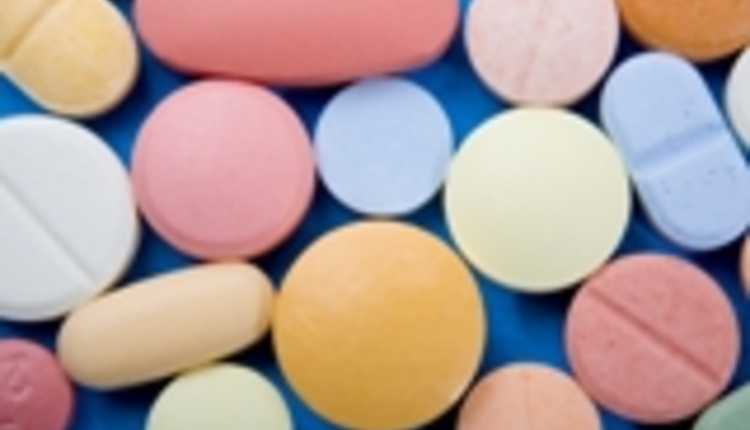Each issue I'll going to be reviewing a dietary supplement the good, the bad and sometimes, the ugly.
On the docket: Ribose.
Ribose is a type of sugar that isn't made by your body. Due to promising data using ribose with certain types of patients with illnesses suffering from low energy, it has been hypothesized that ribose can do the same in otherwise healthy, athletes.
It's commonly used to increase energy, replenish depleted ATP and improve exercise recovery and endurance. In a nutshell, this naturally occurring carbohydrate helps to produce adenosine, a component of ATP. Since ATP is depleted during regular exercise, the thought is that ribose could be part of the reason. Therefore, the thought is, take more ribose and you'll replenish ATP more quickly. Replenish ATP more quickly and your physical performance will improve. Simple enough, right?
Unfortunately, while promising in theory, the overall effectiveness for ribose with athletic performance does not favor its use.
In one study, researchers measured the effects of 625 mg ribose (using the dose recommended by the manufacturer) compared to placebo on cycling sprint performance. The research found no effect of ribose supplementation on peak power or rate of fatigue in anaerobic testing. Maybe it was the protocol used or the dose of ribose wasn't high enough. Researchers then tried again with over three times the dose (3 grams total) but used a similar testing protocol as that above.
What did they find? The higher dose also had no effect on anaerobic exercise capacity in moderately trained cyclists.
Again, maybe the dose wasn't high enough. This time two more scientists used over 10 times the dose of the second study described, supplementing subjects with 32 grams/day
Once again, sprint performance was tested. However, again, there were no consistent increases in any of the outcome measures leaving the authors of this study to conclude, "Ribose supplementation does not have a consistent or substantial effect on anaerobic cycle sprinting."
Not surprisingly, a review published in 2010 included ribose on the list of supplements found to be ineffective for enhancing performance.
And so it goes, this is actually a similar story to a lot of dietary supplements. In theory, ribose is perfect and makes perfect sense. When put through the rigors of science, however, it hasn't yet panned out. There are over 29,000 dietary supplements available -- 1 down, 28,999 to go!
Dr Chris Mohr is the creator of Dietary Supplement University,www.DietarySupplementU.com. The leading resource for the most up-to-date reviews of ingredients and dietary supplements.













